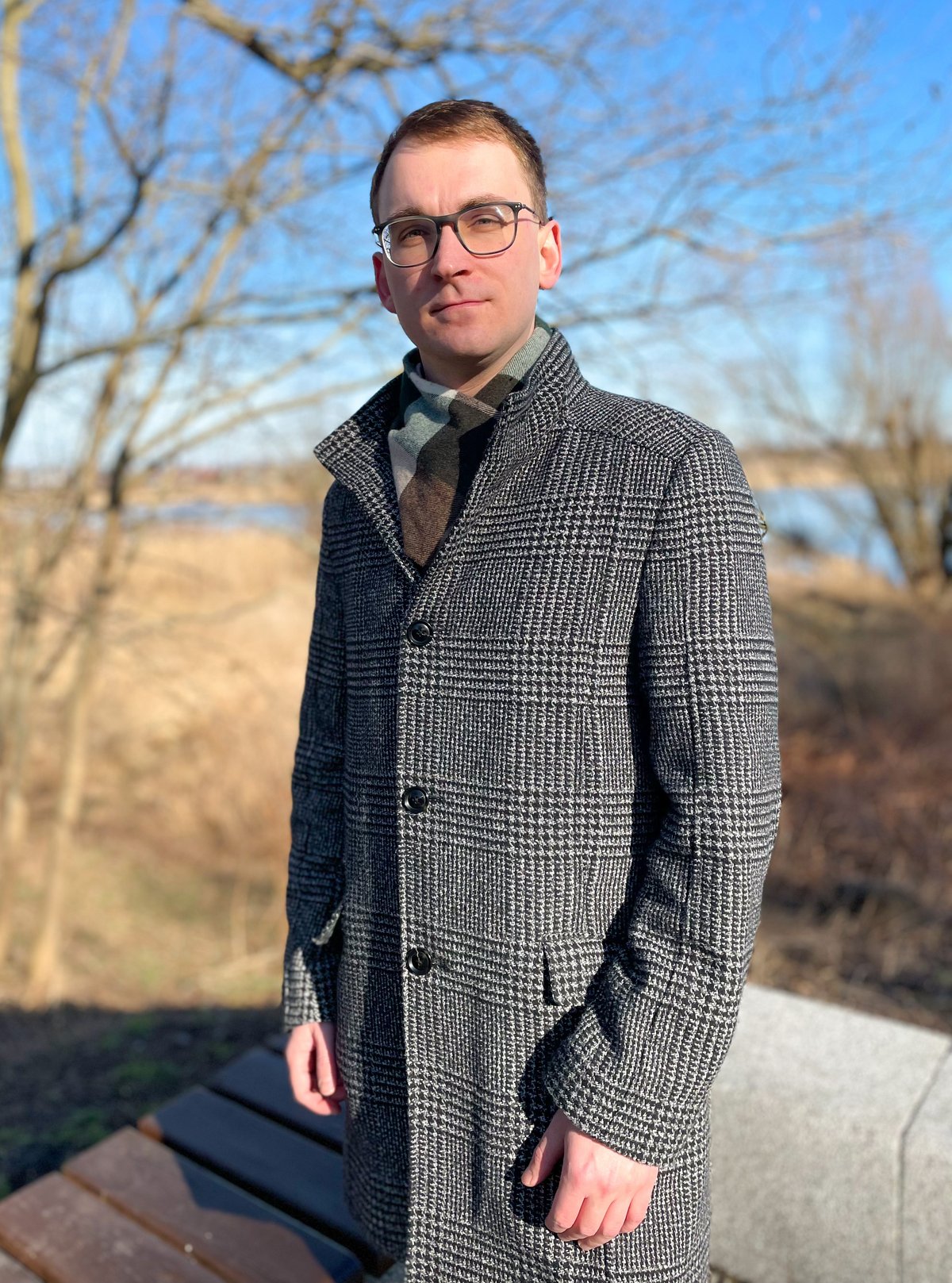Interview with BTU Alumnus Max Uhlmann (Elektrotechnik)
Hello Max, how did you get into electrical engineering and the BTU?
Technical devices such as PCs, cell phones and household electronics have fascinated me since my childhood. Whenever I unscrewed these things, I could not imagine how these small components could provide the desired functionality. After graduating from high school I wanted to study a subject that would give me an insight into these small but complex worlds. It was clear to me that I had to study electrical engineering. I just didn't know in which city and at which university. Therefore, I traveled a lot through Germany, looked at universities and compared them online. The trial program for electrical engineering/mechanical engineering at the BTU particularly appealed to me because it was quickly made clear here that it is not just about simply passing exams or seminar assignments, but that independent and structured approaches to challenges are trained. In addition, the familiar atmosphere and the good support relationship between teachers and students were immediately noticeable. That first week led me to my decision to study in Cottbus, and I'm still glad I made that decision today.
You are now working at the Leibniz Institute for High Performance Microelectronics, what exactly do you do there, what is your daily work like?
Understanding neuronal structures has been the subject of research for a long time, not only in medicine, but also in scientific and technical fields. Attempts are being made to formally describe the networks that form nerve tracts in order to fathom how they function and to use them for other purposes. For example, autonomous driving, voice control, cancer cell recognition and much more. New electronic components, so-called memristors or RRAMs, are now intended to simplify this task. A new generation of computers is able to work faster and more energy efficient by using this technology. We at IHP are trying to develop these new computers step by step. My work to achieve this goal is as versatile as one can imagine: Starting from literature research over development of systems, design of circuits, making layouts up to the measurement of the designed circuits. In other words, from the idea of a research topic to the presentation of the results - everything from a single source. Of course, the exchange with colleagues at the institute and other researchers worldwide is not neglected. A large number of people are currently working in the field of neural networks and neuromorphic electronics. New insights can only be gained through exchange and collaboration with these experts from a wide variety of fields.
How did your studies prepare you for your work?
The decisive factor for the quality of a course of study is not the abundance or complexity of the subject matter taught, but that working methods are taught. As an engineer and scientist, I have to derive a concrete problem from an abstract challenge and work through it in a structured way. Above all, the frequent laboratory assignments and oral exams at the BTU prepared me very well for this demanding task. Questions were always answered directly and immediately. The professors' and staff's doors are literally open and help is at hand.
Do you have any tips for students who also want to work in science?
It's important to find out whether scientific work suits you and is fun. To find out, the BTU offers a wide range of opportunities, such as the laboratories mentioned above, but also the possibility of working as a research assistant in a department. A longer internship is also recommended. This is how I found my way into professional life, for example. I was able to write my master's thesis at the company where I did my internship and was hired directly after graduation.
What's the first thing you think of when you think back to your student days?
There's not just one thing. Cottbus and the BTU offer everything a student could wish for. My apartment in the dormitory had a balcony and a direct view of the countryside. The university was only a minute away and the city center two. The cultural offerings are very diverse and there is always something to do. The nearby Spreewald also offers good opportunities to add some variety to the daily study routine. However, I think the most important thing during the studies are the fellow students, who you get to know quickly and remain friends for life.

